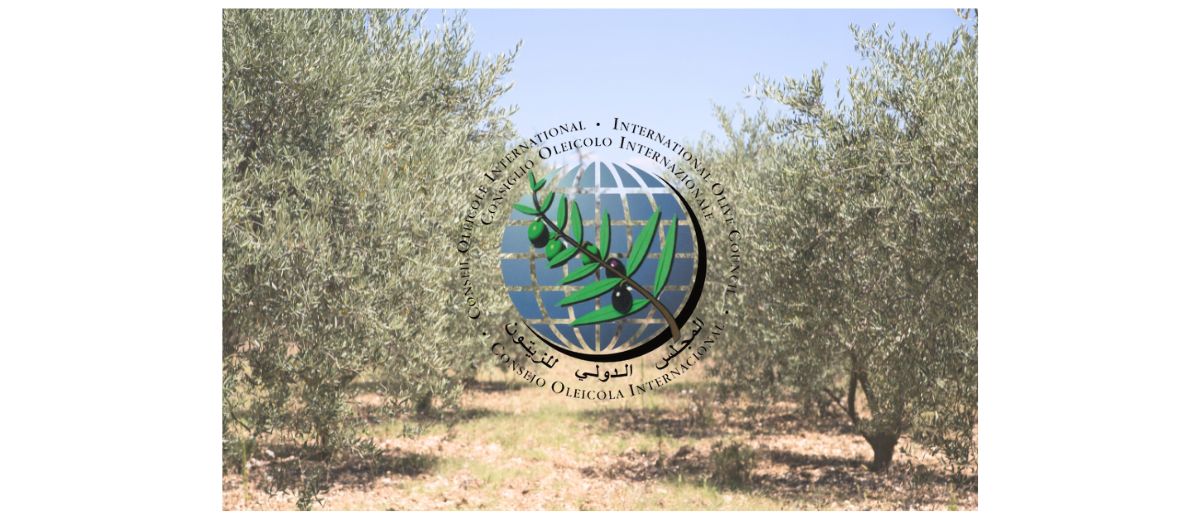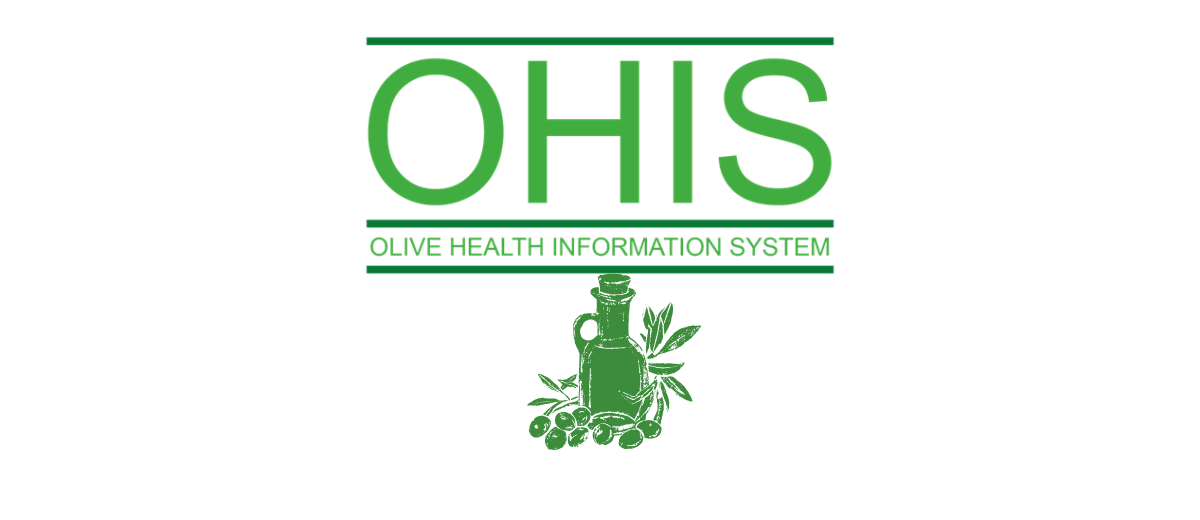On 28 March 2025, the Executive Director of the International Olive Council (IOC), Jaime Lillo, together with Deputy Executive Director for Operational Affairs, Abderraouf Laajimi, and Deputy Executive Director for Administrative and Financial Affairs, Imdat Pekdemir, welcomed Tunisia’s Minister of Foreign Affairs, Migration and Tunisians Abroad, Mohamed Ali Nafti, to the IOC headquarters in Madrid. Minister Nafti was accompanied by Tunisia’s Ambassador to Spain, Fatma Omrani Chargui.
During the visit, the Tunisian Minister addressed the delegation in Spanish—a language he speaks fluently—to highlight the importance of enhancing efforts to promote olive oil on the international stage. He expressed particular interest in the IOC’s relationships with the United States, China and countries in the Balkan region, and discussed the potential for expanding the Organisation’s cooperation to new global regions.
Nafti reaffirmed Tunisia’s commitment—especially through his ministry—to supporting IOC initiatives, while acknowledging the persistent challenge of budget constraints on promotional activities. Ambassador Omrani also underlined the work of the Arab Organisation for Agricultural Development’s Olive Bureau and emphasised the importance of strengthening ties between this body and the IOC as the key interlocutor for the olive sector in the Arab world.
Executive Director Lillo reiterated the strategic importance of olive oil promotion and presented the IOC’s updated approaches in this area. He also welcomed the appointment of Mr Laajimi—a highly regarded figure nominated by Tunisia—as Deputy Executive Director.
Laajimi went on to outline the IOC’s key technical, economic and promotional activities, with particular emphasis on collaborative efforts with Tunisia. He cited the recent training session in olive oil organoleptic assessment held in Tunis in cooperation with the National Olive Oil Office and the International Centre for Advanced Mediterranean Agronomic Studies (CIHEAM). He also mentioned IOC scholarships awarded to Tunisian students for specialised training programmes, including the Expert Course at the University of Jaén, the Master’s in Olive Growing and Olive Oil Technology at the University of Córdoba, and various doctoral programmes.
Laajimi further highlighted the capacity-building efforts for Tunisian technicians, the active participation of Tunisian experts in IOC working groups, and the recognition of numerous Tunisian producers at the IOC’s Mario Solinas Quality Award for extra virgin olive oils. He concluded by noting the growing number of IOC-recognised laboratories for physico-chemical analysis (32) and tasting panels (28) in Tunisia.
A historical actor and a pillar of the global olive sector, Tunisia plays a leading role within the International Olive Council. As the world’s second-largest exporter of olive oil, the country is widely recognised for the quality of its products, the heritage of its expertise, and its active involvement in the IOC’s technical and scientific work. A founding member of the Organisation, Tunisia continues to contribute significantly to standard-setting, professional training, research, and international cooperation—fully embodying the IOC’s mission and values.
The photo is attributed to @juliaroblesfoto.









